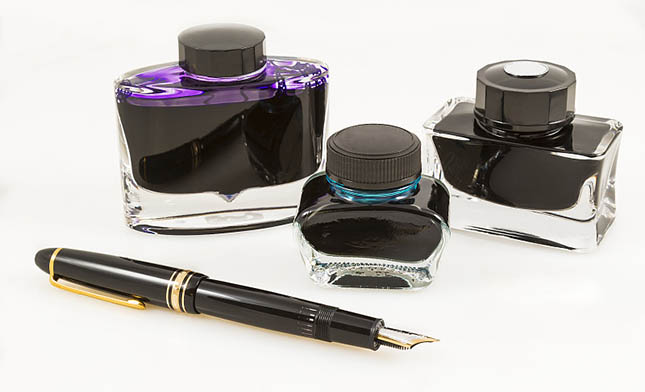Solvent dyes are an essential component in industries ranging from plastics and paints to wood stains and printing inks. These versatile colorants have a wide range of properties and applications, making them indispensable in manufacturing.
Solvent dyes can be classified into various types, including metal complex dyes, oil-soluble dyes, nitrocellulose dyes, polyester dyes, and more. Each type has its own specific properties and applications. One of the main uses of solvent dyes is in the plastics and paint industries. These dyes can be dissolved in solvents to form colored solutions. This property makes them ideal for coloring plastic materials and paints. Whether it's the vibrant colors of plastic toys or the sheen of painted surfaces, solvent dyes play a vital role in enhancing the visual appeal of these products.


The applications of solvent dyes are not limited to plastics and paints; they are also widely used to stain wood. Woodworkers often use solvent dyes to add color to a variety of wooden items, such as furniture and ornaments. Solvent dyes penetrate deep into the wood fibers, ensuring even and long-lasting coloration. Additionally, its quick-drying properties make it ideal for efficient wood staining processes.

Another important application of solvent dyes is in the printing ink industry. These dyes are commonly used to produce vivid and high-quality inks for printing purposes. The solubility of solvent dyes makes them easy to mix with compatible solvents, resulting in well-dispersed and fast-drying printing inks. This enables smooth and precise printing processes in various industries such as packaging, publishing and textiles.
Let us now delve into the features that make solvent dyes stand out. A notable feature is its excellent light fastness, which ensures that colors remain vibrant and fade-resistant even when exposed to sunlight or other forms of UV radiation. This property is critical for applications requiring long-term color retention, such as outdoor plastic products or painted surfaces.
Solvent dyes also have high chemical resistance, making them suitable for industries that are frequently exposed to harsh chemicals, such as automotive or industrial coatings. They maintain color integrity even in contact with solvents, oils or acids, ensuring a long-lasting, durable finish.

Additionally, solvent dyes exhibit excellent thermal stability, making them suitable for applications involving high temperatures. This feature is especially useful in plastic molding processes or when painting objects that may be exposed to heat.
In conclusion, solvent dyes are versatile colorants that are widely used in various industries. Their usage in the plastics and painting industries can result in vibrant and visually appealing products. Woodworkers benefit from their ability to penetrate wood fibers, resulting in a long-lasting stain. The printing ink industry relies on the fast-drying and well-dispersed properties of solvent dyes to produce high-quality printing inks. The properties of solvent dyes, including excellent light fastness, chemical resistance, and thermal stability, contribute to their wide application and durability. Whether adding color to plastic toys, staining wood, or printing intricate designs, solvent dyes play a vital role in enhancing the aesthetics and functionality of many products.
Post time: Jul-20-2023





